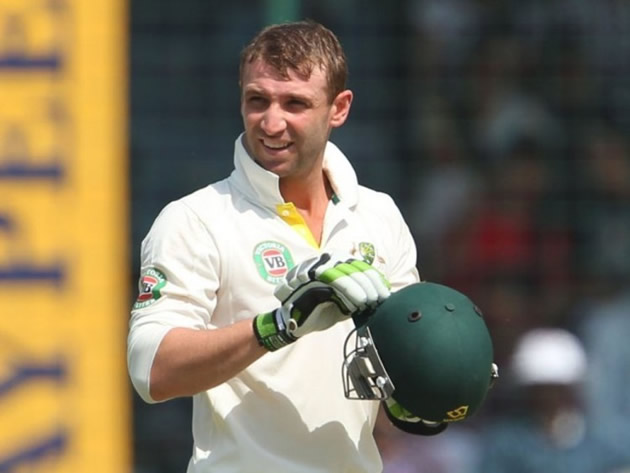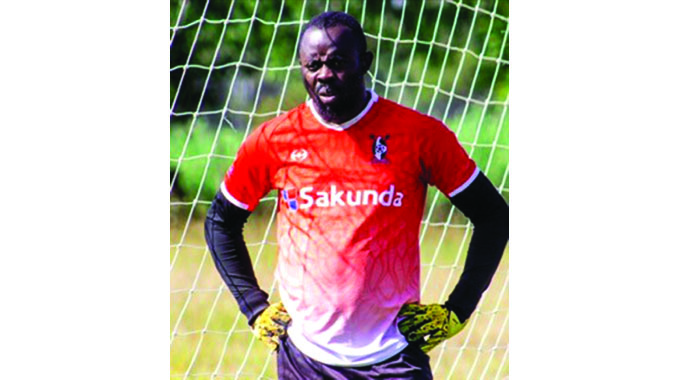Compulsory helmets

SYDNEY. — Helmets should be compulsory for cricket batsmen and close fielders and substitutes considered for concussed players, a landmark review into the death of Australian Phillip Hughes said yesterday.
Hughes, who played 26 Tests, died from bleeding on the brain in November 2014 after being hit on the base of the skull by a rising ball at the Sydney Cricket Ground during a domestic match.
His death — a freak accident — stunned Australia and the world cricket community, sparking an outpouring of grief.
Cricket Australia ordered an independent review which said the medical treatment he received was appropriate and timely.
At the time, Hughes was wearing a helmet which was not compliant with the more recent, and stringent, British Standard, which essentially involves the grille protecting the face being extended further to the rear of the helmet.
Barrister David Curtain, who conducted the review, said even if he had been wearing the newer model, it would not have saved him.
“I do not believe that the new helmet would have afforded additional protection against the blow given the location of where Phillip was struck, as the protection to the neck, at the rear, is no different,” he said.
Australia’s cricket board is also seeking permission to trial the use of substitute players in domestic matches that would allow them to bat and bowl in place of team mates requiring medical attention for possible concussion.
Cricket Australia CEO James Sutherland said it had sought approval from the International Cricket Council (ICC) to allow “concussion substitutes” in local games and expected a response from the world governing body by the end of the month.
Sutherland’s comments followed the release of a review into the death of Hughes, who was struck in the head by a ball when batting in a domestic match in November 2014.
“We’re also seeking approval from the Cricket Australia playing conditions advisory committee to allow concussion substitutes in all domestic male and female competitions under our auspices,” he told reporters at the Melbourne Cricket Ground yesterday.
“One of my observations is that while we support this recommendation being explored, I think it needs to be fully discussed and socialised.
“It is one of the fundamentals of the game of cricket that it’s a game of 11 players and a substitute has not been allowed in the past and we need to work through all of the machinations of that possibility.”
Substitutes have been permitted to replace injured or ill players in matches for over 100 years but are not allowed to bat, bowl or act as wicket-keepers, according to the laws of the game.
“The fundamental issue here is the desire for medical staff to have the ultimate say in an incident of concussion to be able to make a judgement and to allow that to be facilitated as easy as possible,” added Sutherland.
The report into Hughes’s death, led by barrister Curtain, made a number of safety recommendations including the mandatory use of helmets by batsmen facing fast and medium paced bowling in first class matches and also for wicketkeepers and fieldsmen close to the wicket.
It made no recommendation on the use of “concussion substitutes” but described it as a “relevant issue” that might require consideration.
Sutherland said he saw concussion substitutes in test matches as a “natural extension” following a possible adoption in domestic matches and suggested other classes of injury should also be considered in how they are activated.
“There are also instances in the game where other injuries occur that could give rise to a substitution,” he said.
“I think that again is part of why this needs to be a broader discussion.”
Sutherland also confirmed that the use of the highest British standard helmets would now be mandatory in domestic matches, adopting the recommendation in the Curtain report.
He said CA was also encouraging players to adopt the use of stem guards, which are attached across the back of the helmet, but conceded more research was required to prove that they afforded extra protection. — AFP.








Comments